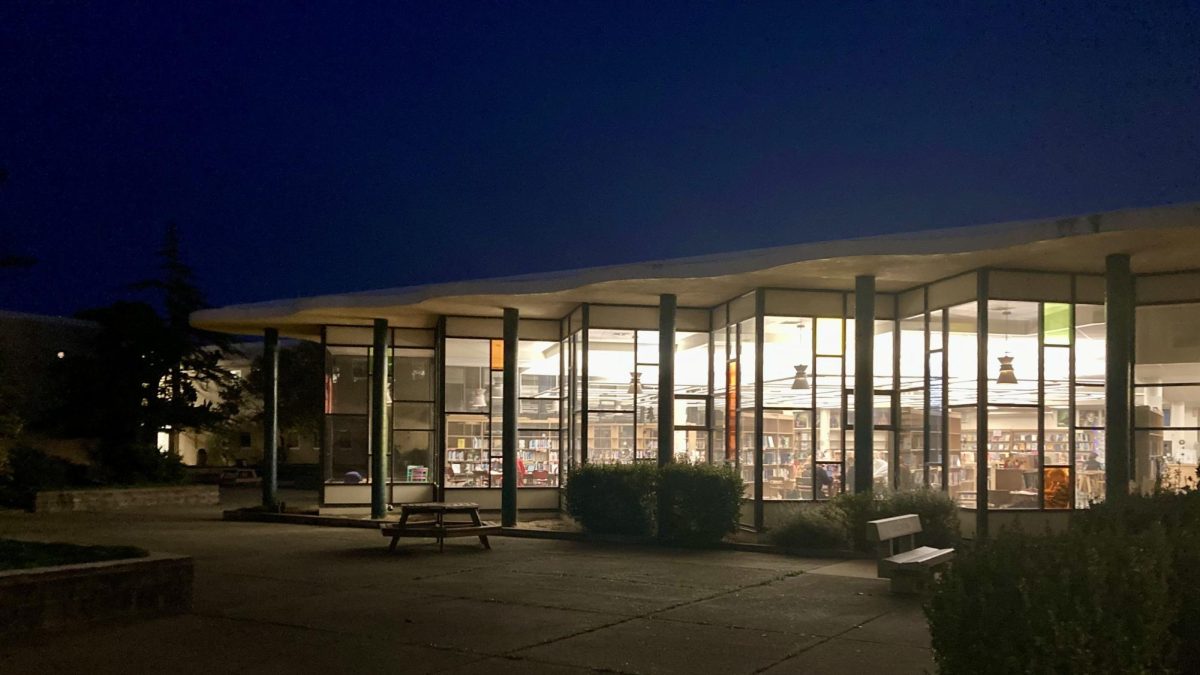Enterovirus D68, a respiratory virus, has infected 14 patients in California along with 594 across the country, a California Department of Public Health (CDPH) official stated in a teleconference October 3.
Five of the 14 patients in California are in San Diego, and the others are in San Francisco, Alameda, Riverside, Santa Cruz, Solano, Ventura, and Long Beach City.
Patients range from infants to 15-year-olds, and those with asthma are most at risk of infection, according Dr. Gil Chavez, Deputy Director and State Epidemiologist of the CDPH.
Thirteen of the 14 patients in California have respiratory illness while one has “acute flaccid paralysis,” a condition which causes one to lose feeling and hinders movement in their limbs, Chavez wrote in an email interview.
The CDPH is unsure whether the Enterovirus D68 (EV-D68) is causing paralysis or if the paralysis is a secondary issue unrelated to the virus.
“On a separate investigation, CDPH has identified 35 patients as of October 1 with acute flaccid paralysis and spinal cord involvement since 2012,” Chavez wrote in an email interview. “Of these patients, three have had infection with EV-D68, two in 2012 and one in 2014. Because EV-D68 was found in respiratory specimens from these patients, it is not known whether EV-D68 was a cause of paralysis or a coincidental finding.”
Common symptoms of EV-D68 include fever, runny nose, sneezing, cough, and body and muscle aches. EV-D68, “can rarely cause neurologic illness,” Chavez wrote.
The CDPH expects more cases of EV-D68 to appear in California.
“There are other specimens from throughout the state being tested at CDPH laboratories and more cases are anticipated in the coming weeks,” Chavez wrote. “CDPH continues to work with local health departments to collect and test specimens from patients with severe respiratory illness and acute flaccid paralysis without other known cause.”
California has one of the lowest number of cases when compared to the 43 states with infected patients, Chavez wrote.
To avoid contracting EV-D68, Wanda Milford, school nurse, recommends washing hands often with soap and water for 20 seconds, avoiding touching eyes, nose and mouth with unwashed hands, avoiding close contact with people who are sick, and staying home when sick.







